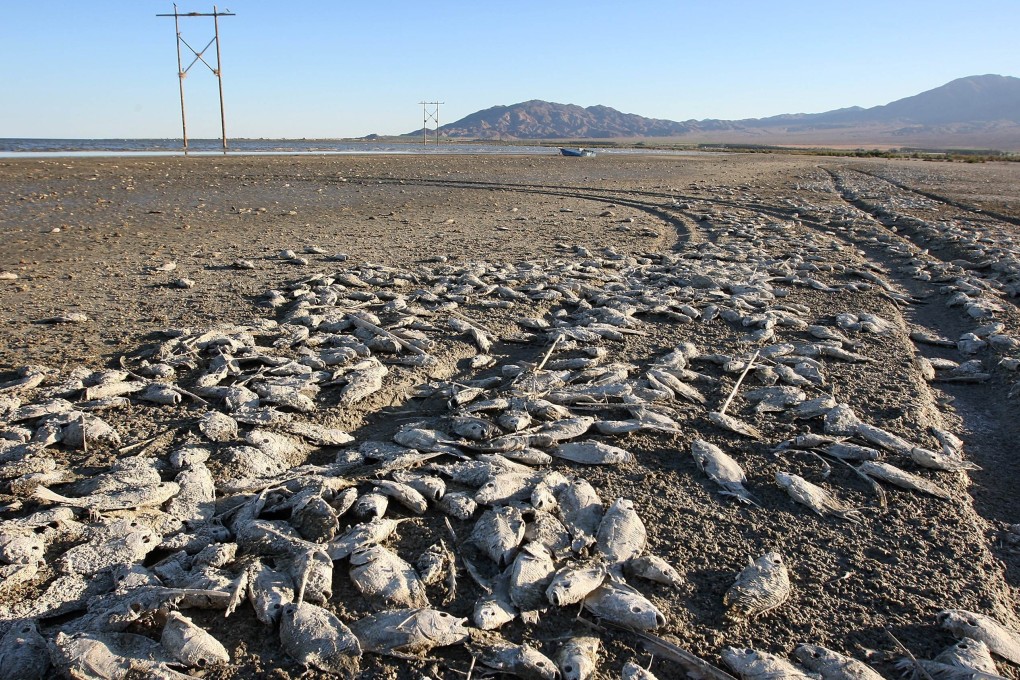Book review: Gold Fame Citrus puts the western US through the apocalyptic wringer
In the near future, climate change has turned California into a "dune sea" where messianic figures contend for dominance



Cormac McCarthy's The Road may not be the best novel of the past decade, but since its publication in 2006, scores of post-apocalyptic writers have helped make it the most influential. Barren landscapes, struggling families, bleached prose flecked with religious imagery - for today's serious novelist, there seems to be no richer soil than the dying earth. A literature professor could fill a term with works from the past few years alone - Colson Whitehead's Zone One, Chang-rae Lee's On Such a Full Sea, Emily St. John Mandel's Station Eleven, Margaret Atwood's MaddAddam trilogy, and on and on.
Add to the list Claire Vaye Watkins' sharp and provocative debut, Gold Fame Citrus, which roughly hews to disaster-lit form. In the nearish future the western United States has become a "dune sea" through climate change. Soldiers fight an undefined "forever war" overseas and TV is filled with gaudy, death-themed reality shows like Embalming with the Stars. Luz, the novel's hero, is a former model who was literally adopted at birth by the state conservation bureau to personify the water crisis. Mission not accomplished: "all of the Southwest went moonscape with sinkage" anyway.
Do we imagine gods and newly evolved creatures to fill in the gaps created by a barren territory and bleak future?
Water metaphors abound in the novel, as if the heat vaporised all other figurative language: Luz puts "her face in the basin of her hands"; she feels "a great reservoir of joy drain from her"; a conversation is "an aquifer of understanding."
Luz and her boyfriend, forever war veteran Ray, are caring for an abandoned toddler, Ig, and plan to head east for a more stable life. But their car runs out of gas, Ray goes for help but doesn't come back, and Luz and Ig are near death when they're rescued by a nomadic band led by Levi, a messianic figure in this sandy and lawless land.
Watkins asks whether spirituality is a function of landscape: do we imagine gods and newly evolved creatures to fill in the gaps created by a barren territory and bleak future? Wallace Stegner and John Steinbeck explored the spiritual elements of the West in more conventional ways, so Watkins' looser, Burning Man-ish take is welcome and engrossing. But Gold Fame Citrus ultimately narrows its scope, its apocalyptic adventure story becoming a conventional tale about Luz's conflicted romantic affections. That shortcoming, after such admirable overreach, suggests Watkins has bigger stories to tell.
Early on, Ray says three things brought people to California: gold, fame and citrus. Those were, he says, a "mirage". But for Watkins, the state is fertile territory for people imagining brighter futures - its wild mix of religious radicals and hopeful migrants defining the land as much as sunshine and drought.